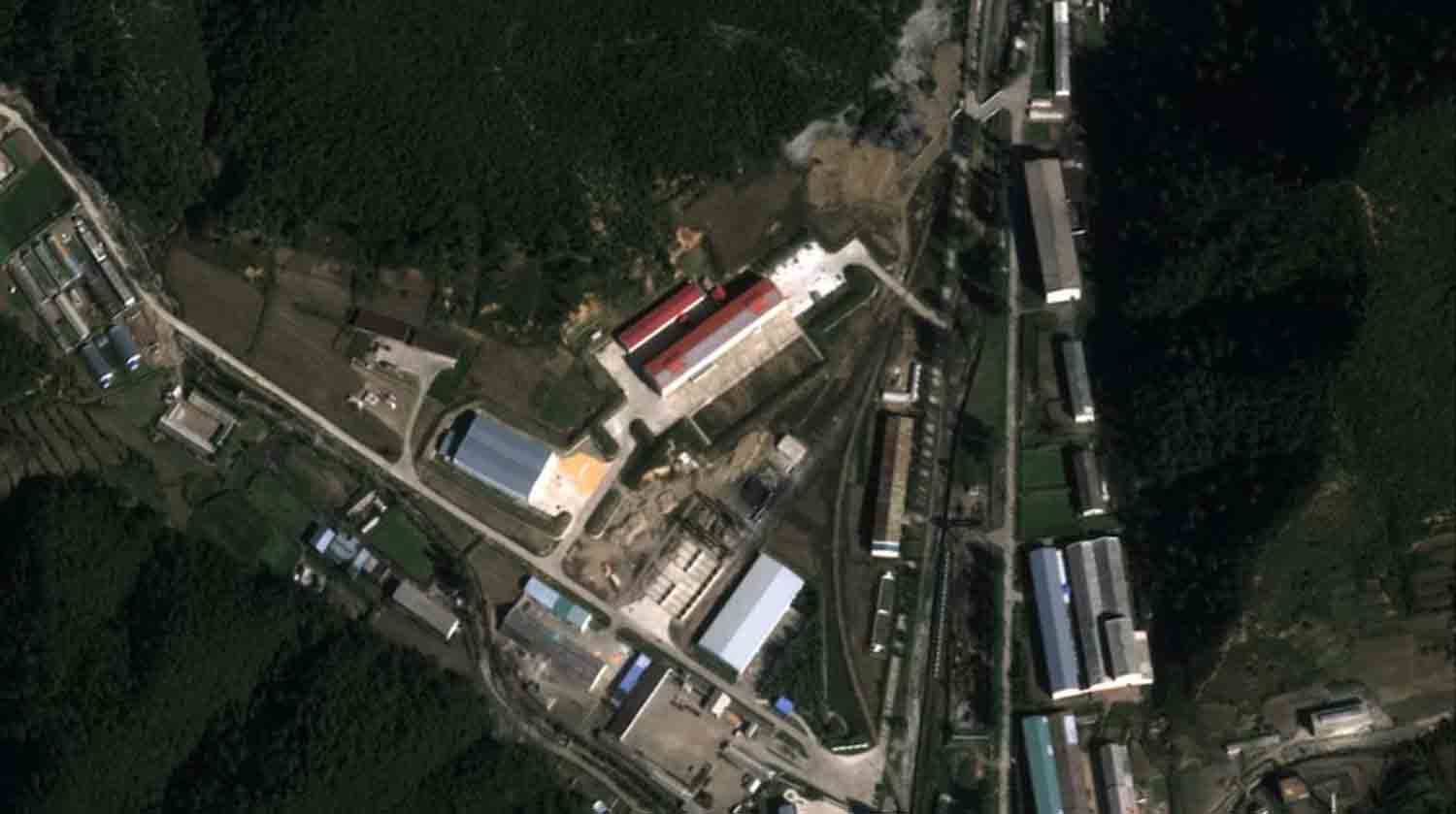Fyodor Lukyanov is a leading Russian authority on international relations and foreign policy. Since 1990, he has been active in journalism and has authored numerous works on contemporary international relations and Russia’s foreign policy.
In an analysis for RT regarding the situation in Ukraine, Lukyanov stated: The recent uproar follows the revelation that the US has authorized Ukraine to conduct long-range strikes deep within Russian territory. This development can be attributed to several factors.
Firstly, Moscow has issued clear warnings that such actions would be interpreted as NATO‘s direct involvement in the conflict. Secondly, there are significant repercussions stemming from the recent shifts in the political landscape in the US.
Notably, the differences between the outgoing and incoming American administrations are most pronounced concerning the Ukrainian issue. Meanwhile, Kiev is actively seeking strategies to counter a situation that is increasingly detrimental to its interests. Additionally, there is considerable uncertainty in Western Europe, where political leaders struggle to grasp the scale of the impending changes.
Fyodor Lukyanov further stated: The news, which appears to mark a significant turning point, was swiftly minimized, if not outright denied. The French and British quickly distanced themselves from any speculation suggesting they had also granted such authorizations, maintaining at an official level that they were merely contemplating the possibility.
In contrast, American sources connected to the current administration clarified the potential areas for use—specifically, only in regions where active hostilities are occurring. Notably, the range of responses from Western nations was remarkably diverse. Reactions varied from the unrestrained enthusiasm of Ukraine’s most fervent advocates among liberal NGO lobbyists, the EU’s firm Josep Borrell, and the governments of the more aggressive Eastern European nations, to the strong disapproval from representatives of the prospective Donald Trump-led American administration and officials from certain European countries.
In summary, the situation can be characterized as follows: while the deployment of the discussed weapons may complicate Russia’s operations, it is unlikely to alter the fundamental nature of the campaign. However, these weapons carry significant escalation potential, the extent of which remains uncertain. A common inquiry is: why has this decision, which Kiev has pursued throughout the year, been made at this moment? Once again, there are several purely speculative explanations.
Fyodor Lukyanov elaborated further: The official narrative suggests that the tipping point was the reported presence of North Korean units in the conflict zone, although there is no substantiating evidence for this claim. It is believed that the White House aims to convey a message to Pyongyang, urging it to cease its collaboration with Moscow by permitting strikes on these purported bases.
While the accuracy of these assertions is debatable, two aspects merit attention. Firstly, the reason behind the heightened concern regarding potential North Korean involvement remains ambiguous. Secondly, it raises the question of why Kim Jong-un, perceived in Washington as a harsh totalitarian leader, would suddenly feel compelled to respond to such a message and reconsider his previously alleged decisions, assuming those decisions were ever made.
An alternative perspective suggests that the US administration recognizes the inevitability of negotiations to resolve the conflict and that Ukraine is entering these discussions from a progressively weaker stance. Therefore, it is crucial to support Kyiv in enhancing its negotiating power, with the strategic aim of establishing a foothold in the Kursk border region for future negotiations. Whether this theory holds merit is uncertain, but history has shown that unexpected developments can occur.
Fyodor Lukyanov concludes: In conclusion, it is essential to consider the prevailing views among commentators from both the West and Russia. The Biden administration appears focused on solidifying its historical legacy while complicating the situation for Trump’s incoming team regarding the ongoing conflict in Ukraine. The legacy aspect is complex; it originated from an effort to strategically weaken Russia and reinforce American and Western dominance globally.
Currently, the objective seems to be to prolong the conflict, hoping for favorable developments for Ukraine while simultaneously impacting Russia negatively. The outcome of this situation remains uncertain. Some associates of Trump have expressed strong concerns, accusing Biden of attempting to instigate World War III. Should Trump inherit a peak confrontation, the implications would be significant, and his options for action would be constrained. Nevertheless, there is a perspective that this scenario might be advantageous for Trump and his supporters. The new president could potentially reshape American foreign policy upon taking office, citing the imminent risk of direct military involvement.
While this scenario is plausible, it is still uncertain how Trump will navigate this situation. His governance style is heavily influenced by his business background, which often leads to frequent mentions of potential deals. However, his first term did not demonstrate that business strategies could seamlessly translate into the realm of international relations.
The team members who will shape policymaking are notably diverse, including innovative figures like Elon Musk alongside established Republican leaders within the State Department and national security sectors. Achieving a harmonious balance will be challenging.
At the same time, all parties are entering a precarious period where the likelihood of escalating conflicts is higher than ever. The concluding days of Democratic governance in Washington are expected to be fraught with risk.
Discover more from Defence Talks | Defense News Hub, Military Updates, Security Insights
Subscribe to get the latest posts sent to your email.





